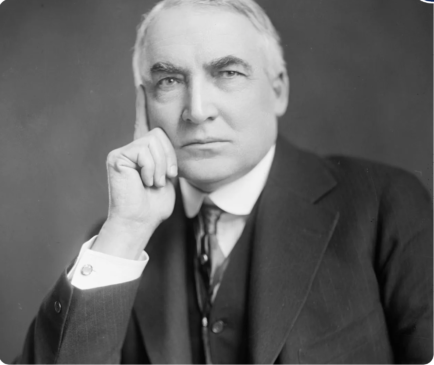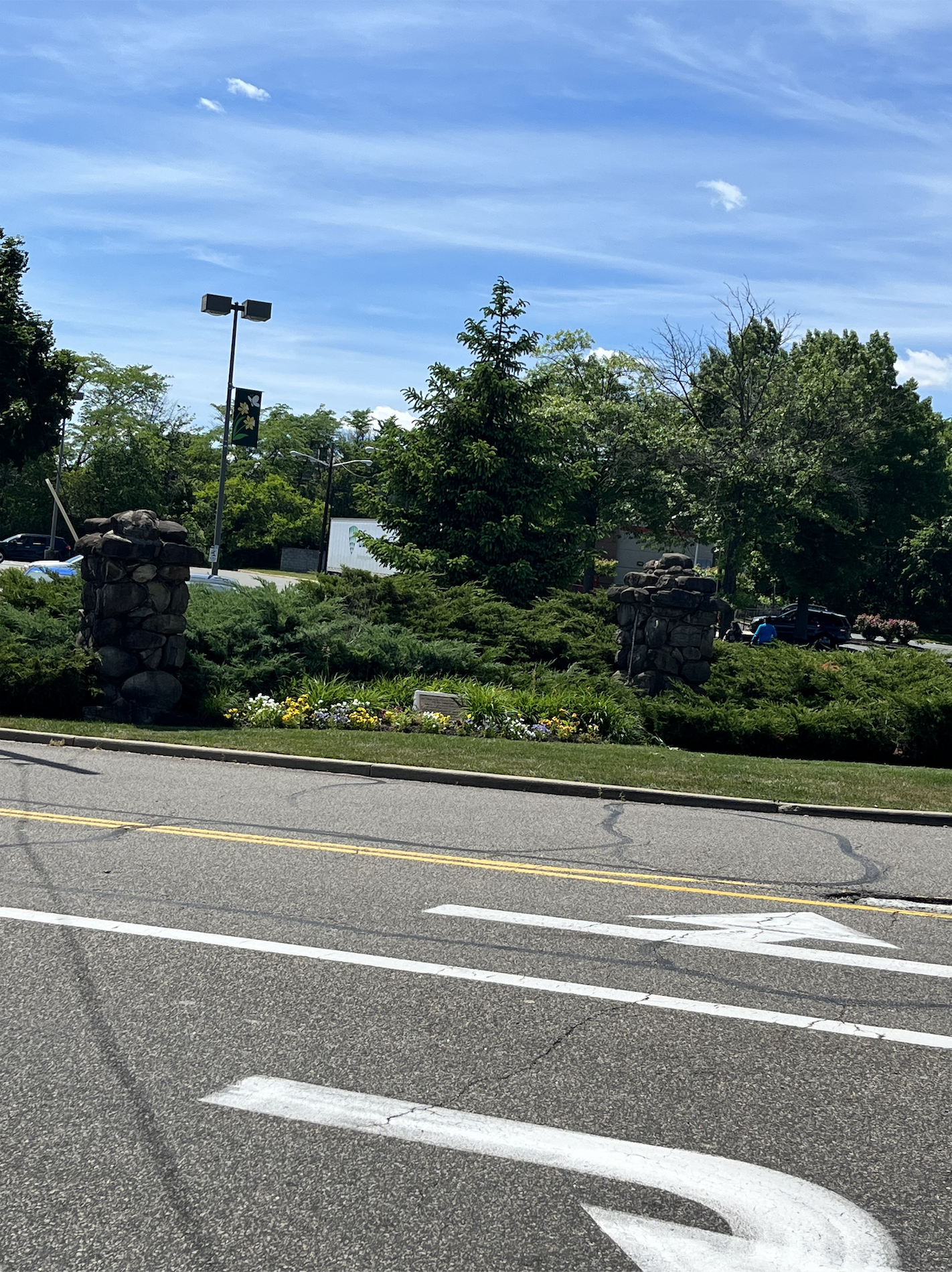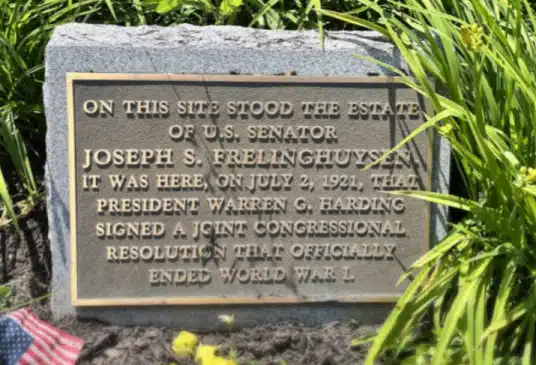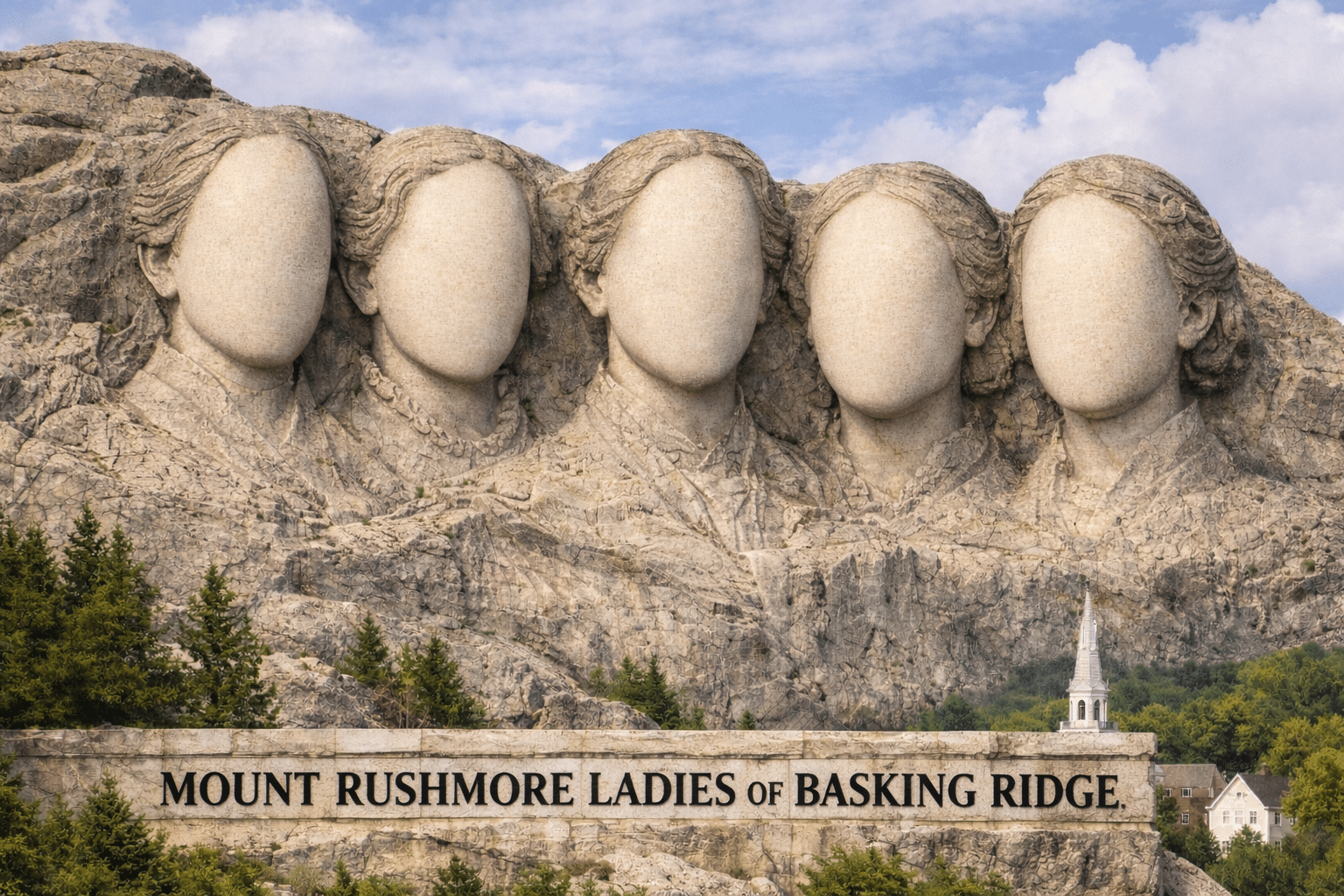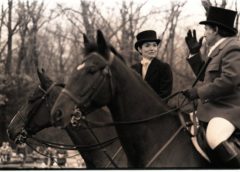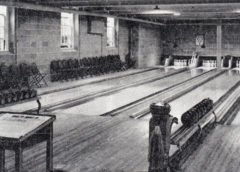
Somerset County is well known for its significance during the Revolutionary War, but many may not be aware of its impact on World War I. In the early 20th Century, Raritan became the center of action for the very last possible undertaking of World War I. The Knox-Porter Resolution, the official treaty ending the war between the United States, Germany, and Austria-Hungary, was signed in a mansion that is currently the site of a strip mall next to Somerville Circle. How did Somerset County become the venue for another major historical event?

The United States And The Treaty Of Versailles
The fighting in the First World War came to an end on November 11, 1918, when the Allies, including France, the British Empire, the United States, and Italy, signed an official armistice with Germany, representing the Central Powers. Similar armistices had already been signed earlier with Bulgaria on September 29, 1918, the Ottoman Empire on October 30, 1918, and Austria-Hungary on November 3, 1918, bringing hostilities to an end on all fronts.
Two months later, in January 1919, representatives from more than thirty nations gathered at the Paris Peace Conference, held at the Palace of Versailles outside Paris, to draft a formal peace settlement. The resulting Treaty of Versailles, signed on June 28, 1919, involved the Allied and Associated Powers, including France, Great Britain, Italy, Japan, and the United States, on one side, and Germany on the other. Separate treaties were later concluded with Austria through the Treaty of Saint Germain, with Hungary through the Treaty of Trianon, with Bulgaria through the Treaty of Neuilly, and with the Ottoman Empire through the Treaty of Sèvres.
A major outcome of these agreements was the creation of the League of Nations, an international body intended to preserve peace and prevent another global conflict of similar scale. Although President Woodrow Wilson had reservations about certain terms of the Treaty of Versailles, he ultimately endorsed it and returned to the United States to seek ratification. Approval required a two-thirds vote in Congress and the support of state legislatures, with thirty-two of forty-eight passing resolutions in favor. However, strong opposition arose in both the Senate and the House of Representatives, and the United States ultimately declined to ratify the treaty.
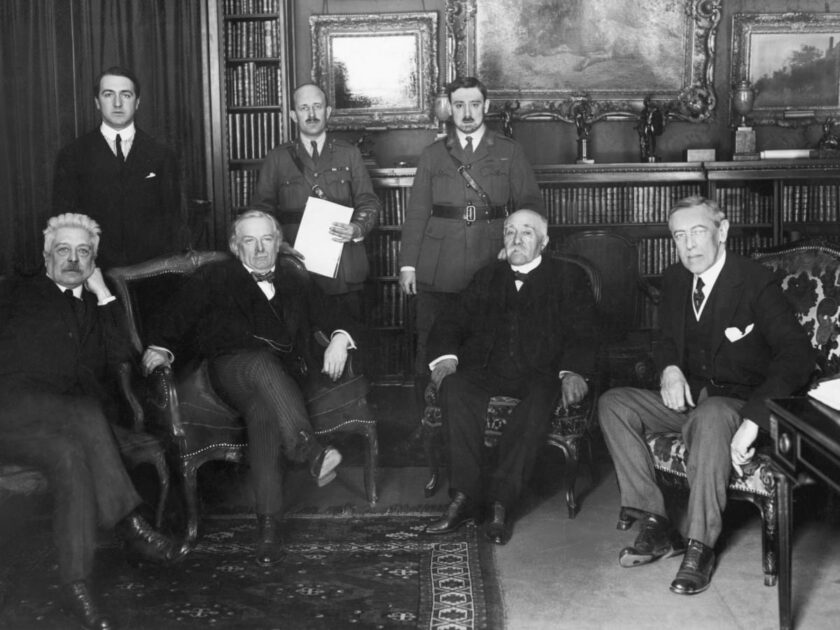
The leading Senator against the Treaty of Versailles’ ratification was Henry Cabot Lodge of Massachusetts. Lodge and his contingent opposed joining the League of Nations for three significant reasons. Firstly, it would cede war powers from the United States Government to the new League of Nations council. Secondly, it delegated the decision-making power for all immigration and territorial matters to the League of Nations. Lastly, there was a concern that the US would become entangled in complex European political issues. In addition to these issues, Lodge and Wilson harbored a lifelong personal resentment.
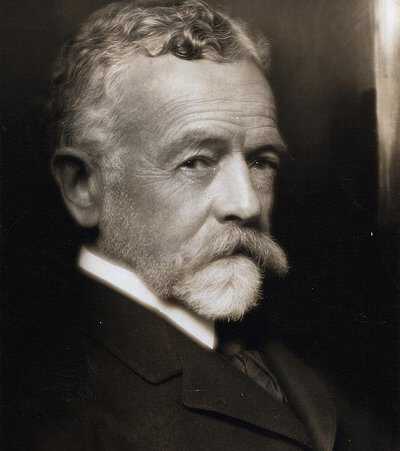
Lodge delivered a powerful speech to the Senate outlining his opposition to the treaty. The speech caused more Senators to join in opposition. The growing opposition forced Wilson to return to Europe to work on revising the United States’ side of the treaty. Wilson returned in July 1919 with a final draft addressing Lodge’s concerns. However, Lodge was still unmoved, and he added fourteen further reservations for Wilson to return to Europe. Wilson refused to return to Europe, as he had been suffering from the effects of a previous stroke and was exhausted from his continuous travels. The treaty went up to a vote as is and failed to pass in the Senate. The vote was seven votes short of the two-thirds majority necessary. Additionally, it failed to pass in the House of Representatives by even a simple majority. Lodge’s efforts and the drawn-out nature of the negotiations even caused Senate Democrats allied with Wilson to turn against him on this issue. Wilson’s presidency ended in 1921 without any formal peace treaty between the United States and Germany/Austria-Hungary being passed.
New President and a New Treaty
Warren G. Harding, a Senator from Ohio, succeeded Wilson as President, winning the 1920 election. Harding opposed the ratification of the Treaty of Versailles mainly due to its inclusion of the United States in the League of Nations. At the beginning of his presidency, Harding called on the House of Representatives and the Senate to pass an official treaty resolution for peace with Germany and Austria-Hungary. Senator Philander Knox and Representative Stephen Porter introduced resolutions to their respective houses. The joint resolution was quickly approved by both the Senate and the House of Representatives. All that was left was for President Harding to sign.
President Harding’s Good Friend From New Jersey
Before Warren Harding became President, he served in the Senate from 1915 until his inauguration in 1921. One of his good friends in the Senate was Joseph Frelinghuysen Sr., whose family and namesake were very prominent in Somerset County. Joseph’s great-grandfather, Frederick Frelinghuysen, from Somerville, was a General in the Revolutionary War and a member of the Continental Congress representing New Jersey. One of his great-uncles, Theodore Frelinghuysen from Franklin, was a U.S. Senator and ran as the Vice Presidential candidate for the Whig Party in the 1844 Presidential election. Another great-uncle of Joseph, Frederick T. Frelinghuysen from Millstone, was a two-term U.S. Senator.
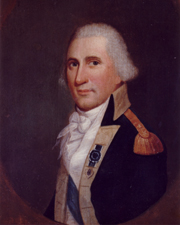
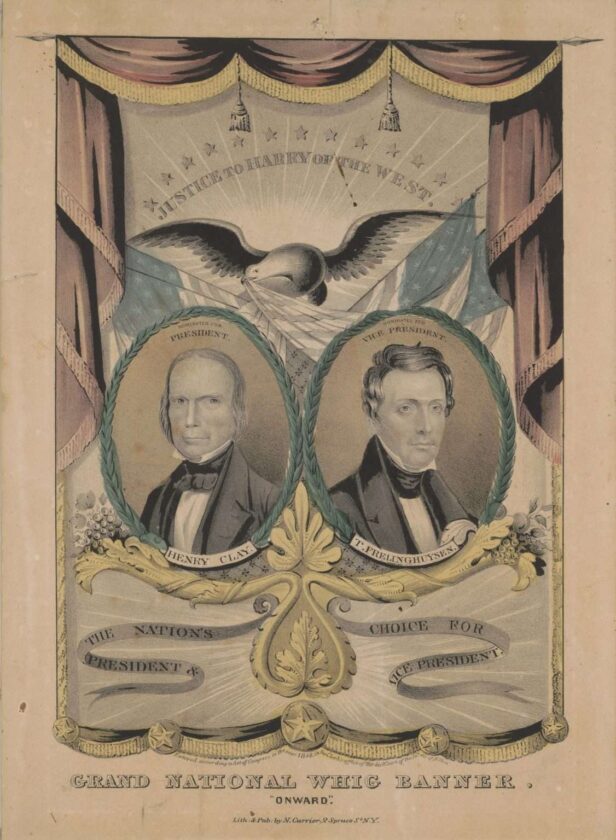
Joseph Frelinghuysen Sr. was born in Raritan, New Jersey, in 1869. In 1874, his family’s mansion in Raritan, later known as “The Old Mansion,” was completed, which Joseph would inherit after his marriage. Joseph Frelinghuysen Sr. had a successful business career as a partner at a New York City-based insurance company. Additionally, he served in the Spanish-American War as a member of the New York Cavalry. His political career began when he was elected to the New Jersey State Senate in 1905. Rising to prominence early on, he was elected as the New Jersey Senate’s president in 1909. This meant taking on the role of acting Governor when the Governor was away for an extended period. His most notable accomplishment in the New Jersey Senate was leading legislation to require driver’s licenses in the State of New Jersey. Joseph then ran for United States Senate in 1916, and despite being an underdog, he won both the primary and general elections.
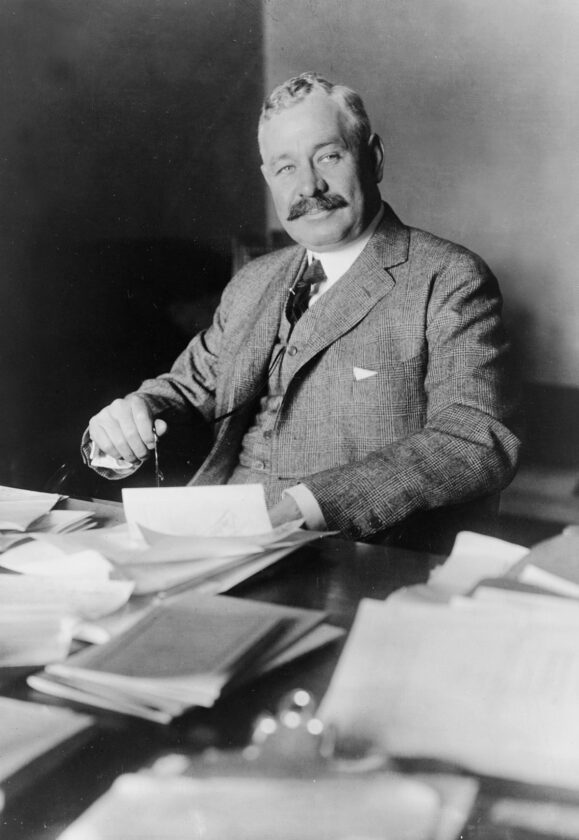
Frelinghuysen Brings the Treaty to Raritan
On July 2nd, 1921, President Harding visited his good friend Joseph Frelinghuysen Sr. for an extended weekend vacation. On this day, the new Knox-Porter Treaty, which formally ended World War I for the United States, was presented to Harding. The visit itself was highly publicized, as the entire trip leading up to the treaty signing was reported on by the New York Times. President Harding, Frelinghuysen, and two other senators returned to the Old Mansion from a round of golf at the Somerset Hills Country Club in Bernardsville, where they found a courier requesting the President’s signature of the treaty. After some debate about the venue, President Harding chose the Old Mansion’s living room desk as the site of the treaty signing.
Thirty people witnessed the signing, which included the Congressmen, their wives, cameramen, reporters, the courier, county officers, Secret Service personnel servants, and Frelinghuysen’s family. Harding specifically waited until everybody was present in the room before signing the treaty. After signing the treaty, Harding was simply quoted as saying, “That’s all.” Harding and Frelinghuysen then immediately went to play a few more holes of golf at the nearby Raritan Valley Country Club.
In an interesting parallel event in New Jersey history, Jack Dempsey retained his World Heavyweight Boxing Title in Jersey City on the very same day. The New York Times, however, quoted as saying, “…the modest Frelinghuysen ancestral home will have a place in history long after an international heavyweight championship is forgotten.”
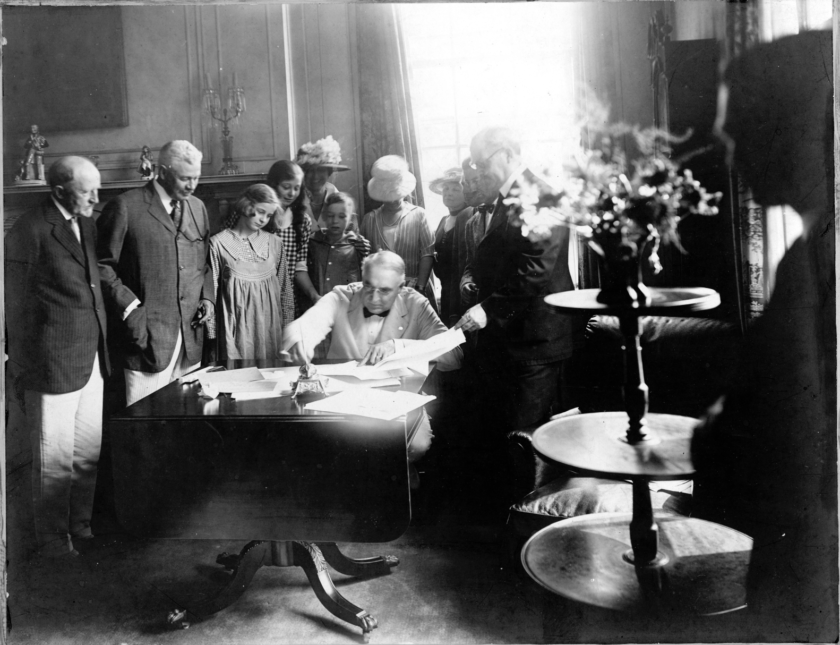
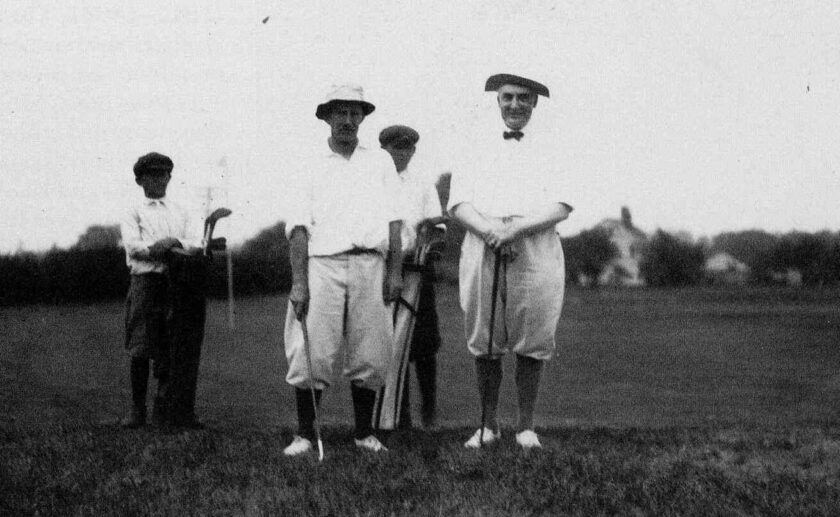
Overarching Changes Create a Hidden History
While the Knox-Porter Treaty and its story survive to this day, the same cannot be said for the Old Mansion. Anticipating the immense traffic that would come to the area with the advent of mass-produced automobiles, Frelinghuysen moved out of the Old Mansion in 1927. His actions had sound reasoning, as the busy Somerville Circle was constructed just a few years later, which would indeed have caused a nuisance for the Frelinghuysen household. Frelinghuysen would, however, remain in Somerset County, moving to Far Hills. The Old Mansion was then left vacant for seven years before briefly being used as a restaurant and later by the state police. The Frelinghuysen sold the property in 1945, and the Old Mansion was torn down in 1957 after being in a state of disrepair. Currently, only stone pillars at the entrance of the original property remain. The pillars are located at the entrance of the parking lot for a Burger King and a PC Richard and Sons store.
Despite being relegated to a parking lot and a commercial property, the Old Mansion and the commemoration of the Treaty signing live on, with a plaque below the pillars acknowledging the event. The signing of the Knox-Porter treaty further solidifies Somerset County’s importance to our country’s history.
